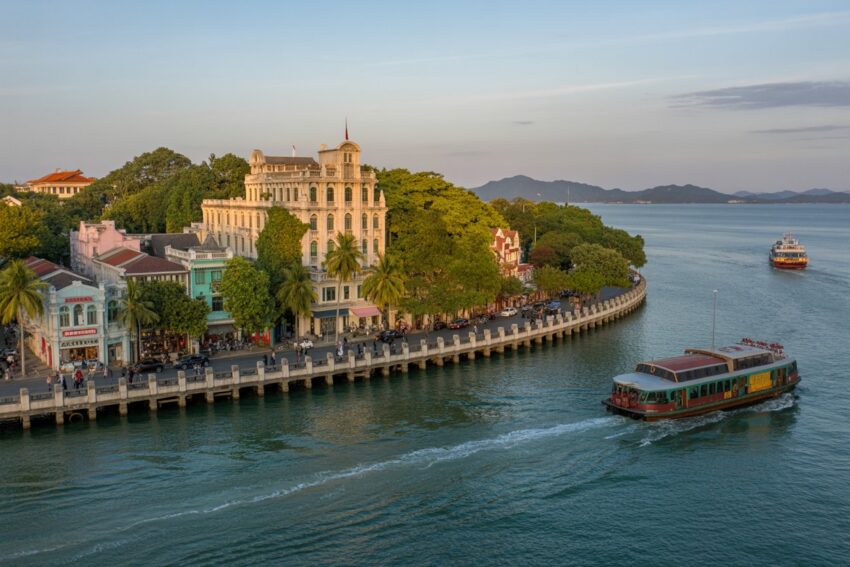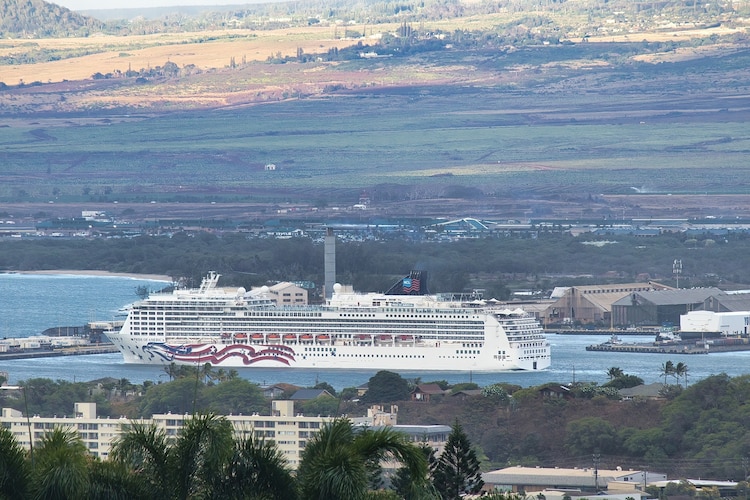
The recent launch of Jamaica’s Local First Policy represents a bold move to reshape the nation’s tourism industry. Designed to place citizens at the heart of economic progress, the policy emphasizes that every major investment in the tourism sector must provide direct benefits to local communities. In essence, this initiative proves how policy boosts tourism investment and community engagement when implemented strategically.
Minister of Tourism, Hon. Edmund Bartlett, highlighted that the policy not only aims to position Jamaica as a hub for luxury and sustainable tourism but also guarantees that Jamaicans are active participants in the country’s economic transformation. This ensures that revenue from tourism flows back into communities, supporting development and long-term growth.
Driving Premium Tourism Investments
According to travelandtourworld.com In just three months, Jamaica has witnessed groundbreaking projects worth more than three and a half billion dollars, underscoring the government’s commitment to upscale tourism. These developments are tailored to meet the growing demand of global travelers seeking luxury, exclusivity, and eco-conscious experiences.
Two additional large-scale projects are currently under negotiation, signaling that Jamaica is solidifying its place as a competitive force in the global tourism market. By merging luxury with community partnerships, the Local First Policy ensures that this wave of investment uplifts both the economy and local society.
Vista Montego Bay Resort: A Landmark of the New Policy
One of the most significant projects under this policy is the Vista Montego Bay Resort, a mixed-use development valued at $100 million. Located on Jimmy Cliff Boulevard, the project is more than just a luxury resort—it integrates residential units, dining establishments, and retail spaces.
- Scale of Development: The resort will feature 468 rooms spread across three towers, alongside top-tier amenities.
- Local Leadership: Unlike previous developments dominated by international stakeholders, Vista Montego Bay is led by Jamaican professionals and managers. This ensures that local talent shapes the future of tourism.
- Community Impact: Jobs, training opportunities, and local supply chain partnerships are expected to boost Montego Bay’s economy while preserving its cultural identity.
The project’s second phase recently broke ground, attended by government officials, community representatives, and business leaders who all view the resort as a transformative development for the region.
Why Policy Boosts Tourism Investment And Community Engagement
The essence of the Local First Policy lies in its dual focus: economic growth and social inclusion. By making partnerships with local communities mandatory for developers, Jamaica ensures that the benefits of billion-dollar projects do not bypass its citizens.
Here’s how the policy creates lasting impact:
- Job Creation: Thousands of employment opportunities will be generated for Jamaicans in construction, hospitality, and service industries.
- Local Supply Chains: Developers are encouraged to source goods and services from Jamaican farmers, artisans, and entrepreneurs.
- Skill Development: Training initiatives will equip locals with skills in eco-tourism, luxury hospitality, and sustainable business practices.
- Revenue Circulation: Instead of capital leaving the island, profits are reinvested into communities for infrastructure and education.
This comprehensive approach shows how the Policy Boosts Tourism Investment And Community Engagement in practical and measurable ways.
Building a Sustainable Tourism Model
Tourism is Jamaica’s lifeblood, but unchecked growth can threaten natural resources and cultural heritage. The Local First Policy incorporates sustainability at its core. Developers must adopt eco-friendly designs, reduce carbon footprints, and ensure that projects blend with the natural landscape.
Examples of sustainable initiatives include:
- Green building standards for resorts.
- Waste management systems that reduce environmental impact.
- Promotion of cultural tourism, where local art, music, and traditions are showcased.
- Conservation efforts to protect Jamaica’s beaches, forests, and marine ecosystems.
This ensures that tourism expansion does not come at the expense of environmental integrity or community well-being.
Montego Bay: A Symbol of Transformation
Montego Bay, one of Jamaica’s most famous tourist destinations, is now undergoing a profound transformation. Beyond the luxurious appeal of the Vista Montego Bay Resort, the city is part of a broader urban renewal initiative.
This initiative focuses on:
- Revitalizing public spaces.
- Improving infrastructure such as roads and airports.
- Introducing smart-city elements to create a modern travel hub.
- Ensuring inclusivity by involving local businesses in new projects.
Local officials have praised the policy for creating a resilient and inclusive tourism model that can withstand global market changes while maintaining Jamaican cultural authenticity.
Expanding Benefits Beyond Montego Bay
While Montego Bay serves as a flagship example, the Local First Policy is not confined to one region. Similar luxury and eco-sustainable projects are expected to unfold across the island, from Negril to Ocho Rios.
The ripple effect of these investments includes:
- Stronger local economies in rural and coastal towns.
- Diversification of Jamaica’s tourism portfolio to attract different market segments, including eco-tourists, luxury travelers, and cultural explorers.
- Empowerment of women and youth in the workforce through community-centered opportunities.
By embedding inclusivity into tourism strategy, Jamaica showcases how policy boosts tourism investment and community engagement on a national scale.
Global Relevance of Jamaica’s Approach
Jamaica’s Local First Policy offers a case study for other nations reliant on tourism. It demonstrates that:
- Community partnerships are not optional but essential for sustainable success.
- Tourism investment must integrate local identity to remain authentic and competitive.
- Long-term resilience requires balancing economic goals with environmental and social responsibility.
As global travelers increasingly seek destinations that combine luxury with authenticity, Jamaica’s model positions the island as a pioneer in responsible tourism.
Looking Ahead: Shaping the Future of Tourism in Jamaica
The Local First Policy represents a turning point for Jamaica’s tourism industry. By ensuring that local communities benefit directly, the policy strengthens trust between citizens, investors, and the government.
With mega-projects like Vista Montego Bay Resort and other developments on the horizon, Jamaica is poised to climb higher in the global tourism rankings. More importantly, the country is setting an example of how policy boosts tourism investment and community engagement when growth is aligned with inclusivity and sustainability.
Conclusion
Jamaica is no longer content with being just a sun-and-sand destination. Through the Local First Policy, the island is redefining its identity as a luxury tourism hub rooted in community partnerships and sustainable development.
This vision ensures that every dollar spent by travelers does more than create profit—it enriches communities, preserves culture, and protects the environment. The success of this strategy reaffirms that policy boosts tourism investment and community engagement when inclusivity is prioritized over short-term gains.









